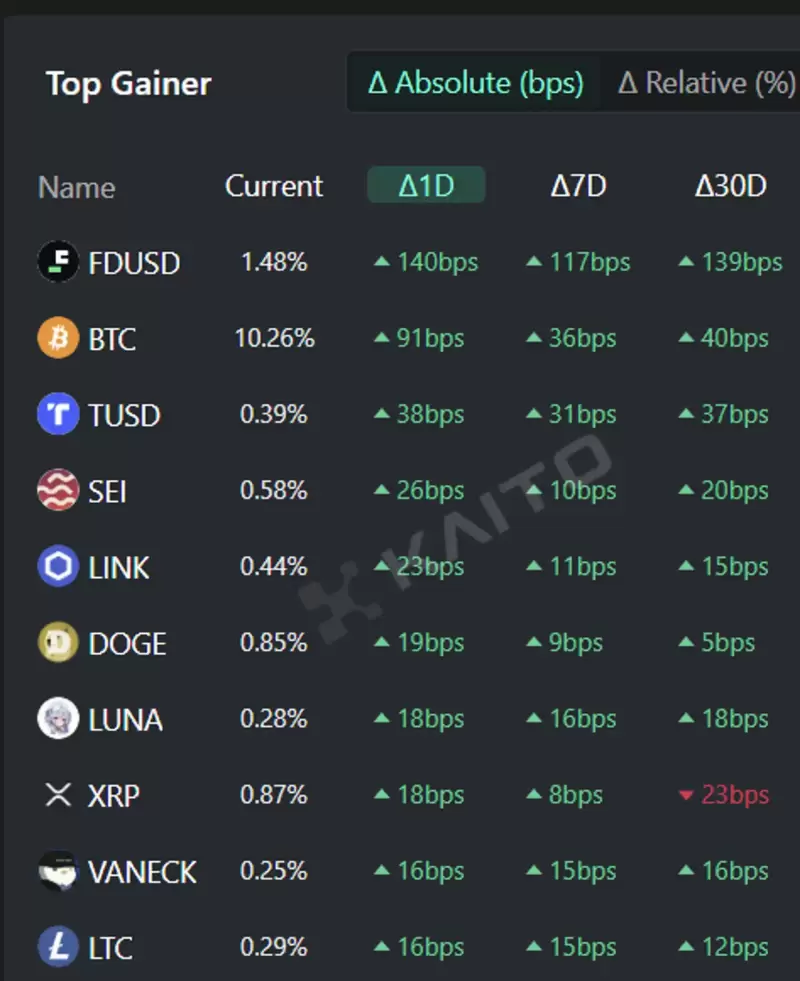 |
|
 |
|
 |
|
 |
|
 |
|
 |
|
 |
|
 |
|
 |
|
 |
|
 |
|
 |
|
 |
|
 |
|
 |
|
Cryptocurrency News Articles
Bitcoin's Elusive Haven Status: A Critical Analysis of Its Hedging Role
Apr 18, 2024 at 03:01 am
In the midst of an economic crisis, the cryptocurrency market has been underperforming, with Bitcoin (BTC) experiencing a 10% plummet. However, industry experts maintain a long-term perspective, questioning the true hedging capabilities of Bitcoin. Historically, BTC has acted as a countercyclical asset, yet its recent correlation with tech stocks has raised concerns. The surge in volatility following the launch of spot Bitcoin ETFs further complicates the debate, challenging the earlier presumption of Bitcoin's volatility as its defining feature.

Bitcoin's Elusive Role as a Hedge: A Critical Examination
Introduction
The recent market volatility surrounding bitcoin (BTC) has reignited debates about its purported status as a haven asset amidst economic turmoil. While the cryptocurrency's performance has fallen short of expectations during the past week's geopolitical crisis, proponents maintain a long-term perspective that Bitcoin's role as a hedge remains viable.
Intraday Price Fluctuations and Market Dynamics
Critics argue that Bitcoin's significant 10% drop in value following Iran's failed missile attack on Gaza, coupled with the concurrent rise in gold prices, undermines its credibility as a hedge. However, such intraday price movements for an asset as volatile as Bitcoin are considered unreliable indicators of its long-term value.
Moreover, the broader market context suggests that factors beyond the geopolitical event may have influenced Bitcoin's performance. The Federal Reserve's indication that interest rates may remain higher for longer than anticipated, signaling a robust economy, has potentially dampened investor sentiment across all markets, including Bitcoin.
Correlation with Stocks and Institutionalization
A key factor that has emerged in recent years is Bitcoin's increasing correlation with the stock market, particularly the S&P 500. Prior to the COVID-19 pandemic, Bitcoin was largely uncorrelated with traditional equities, but this dynamic has shifted as Bitcoin has gained more mainstream acceptance.
The institutionalization of Bitcoin, evidenced by the launch of spot bitcoin exchange-traded funds (ETFs) in January 2023, has further contributed to this convergence. As barriers to entry lower and Bitcoin becomes more accessible to institutional investors, its price movements are increasingly influenced by the same factors that drive stock prices.
The Hyperbitcoinization Theory and the Digital Gold Myth
The hyperbitcoinization theory proposed that as Bitcoin adoption increased, its price volatility would dissipate, making it a viable medium of exchange. This theory was predicated on the assumption that a widespread, circular Bitcoin economy would marginalize fiat currencies.
However, the flawed metaphor of Bitcoin as "digital gold" has led to misconceptions about its hedging capabilities. Gold's historical stability as a safe haven asset does not necessarily translate to Bitcoin, given their distinct characteristics and market dynamics.
Bitcoin as a Liquidity Absorber
Over the past decade, Bitcoin has primarily served as an absorber of excess liquidity. Its consistent growth during periods of monetary easing suggests that its value has been influenced by the expansion of the money supply rather than its perceived hedging qualities.
The Ongoing Quest for a True Hedge
The hedge that Bitcoiners ultimately seek is a transformative event that could lead to a sudden and dramatic surge in its value. Such an event could be triggered by a widespread loss of confidence in fiat currencies or a major economic crisis.
Conclusion
While Bitcoin's performance as a short-term hedge during the recent geopolitical event has been underwhelming, its long-term role as a potential safe haven asset remains an open question. Factors such as institutionalization, correlation with the stock market, and the elusive nature of true hedging capabilities will continue to shape the debate over Bitcoin's true value and its ability to serve as a bulwark against economic turmoil.
Disclosure
The author owns minor amounts of BTC and ETH.
Disclaimer:info@kdj.com
The information provided is not trading advice. kdj.com does not assume any responsibility for any investments made based on the information provided in this article. Cryptocurrencies are highly volatile and it is highly recommended that you invest with caution after thorough research!
If you believe that the content used on this website infringes your copyright, please contact us immediately (info@kdj.com) and we will delete it promptly.
-

- Ripple (XRP) Introduces Its RLUSD Stablecoin to the Stablecoin Market
- Apr 03, 2025 at 04:00 pm
- Ripple introduced its RLUSD stablecoin to the stablecoin market through its launch on Kraken cryptocurrency exchange. The USD-pegged stablecoin aims to boost its cross-border payment functions and integrate with the payment platform.
-

-

- Bitcoin (BTC) Price Consolidation May Be Precursor to a Market Drop, Analyst Says
- Apr 03, 2025 at 03:55 pm
- Bitcoin has seen a notable price consolidation over the past few weeks, trading between the $84,000 and $86,000 levels. Despite the initial surge in price, the cryptocurrency has faced a decline of 3.7% in the past week and nearly 10% in the past month, signaling a period of stagnation in its upward momentum.
-

- The OFFICIAL TRUMP price plummeted over 9% in the last 24 hours to trade at $9.29
- Apr 03, 2025 at 03:55 pm
- The drop in the TRUMP price comes after US President Donald Trump signed an executive order establishing reciprocal tariffs on trading partners and a 10% baseline tariff on all imports from all countries.
-

-

-

- FDUSD, BTC, TUSD, SEI, and LINK are the top 5 virtual asset-related keywords attracting the most interest
- Apr 03, 2025 at 03:45 pm
- According to the Token Mindshare (a metric quantifying the influence of specific tokens in the virtual asset market) top gainers from the AI-based Web3 search platform Kaito
-

-





























































